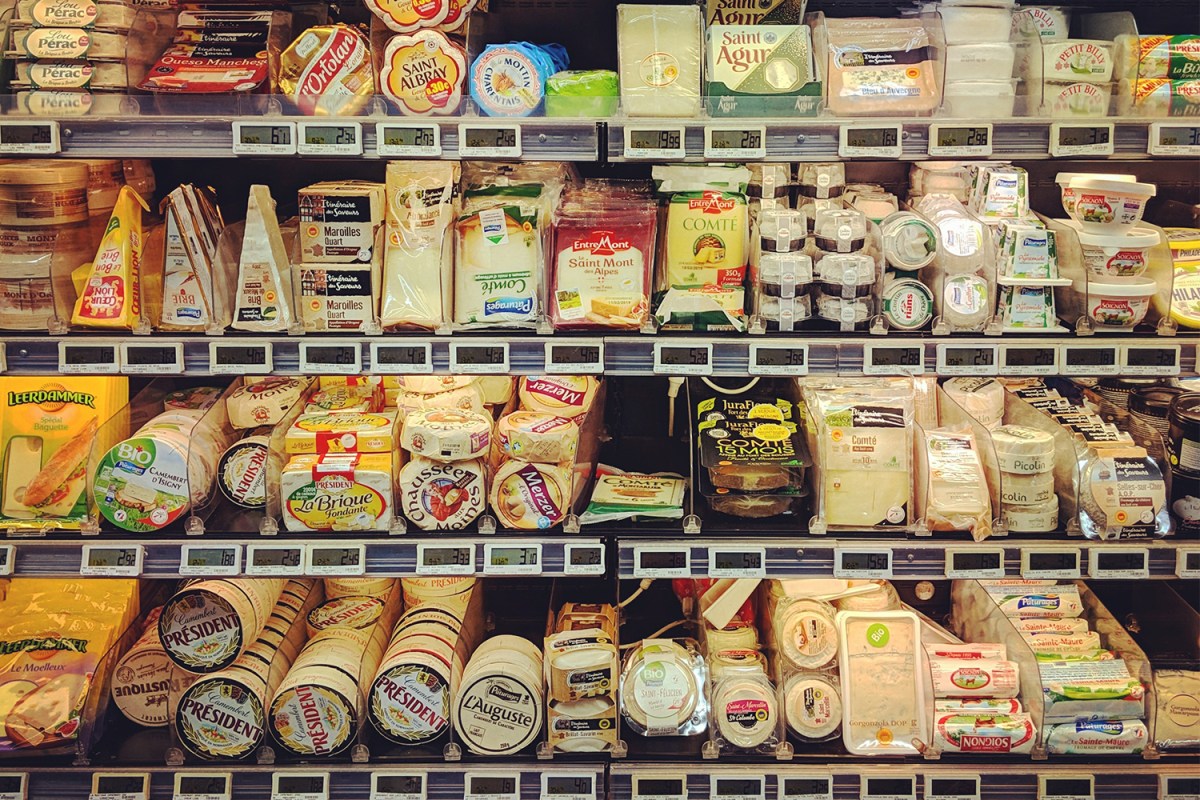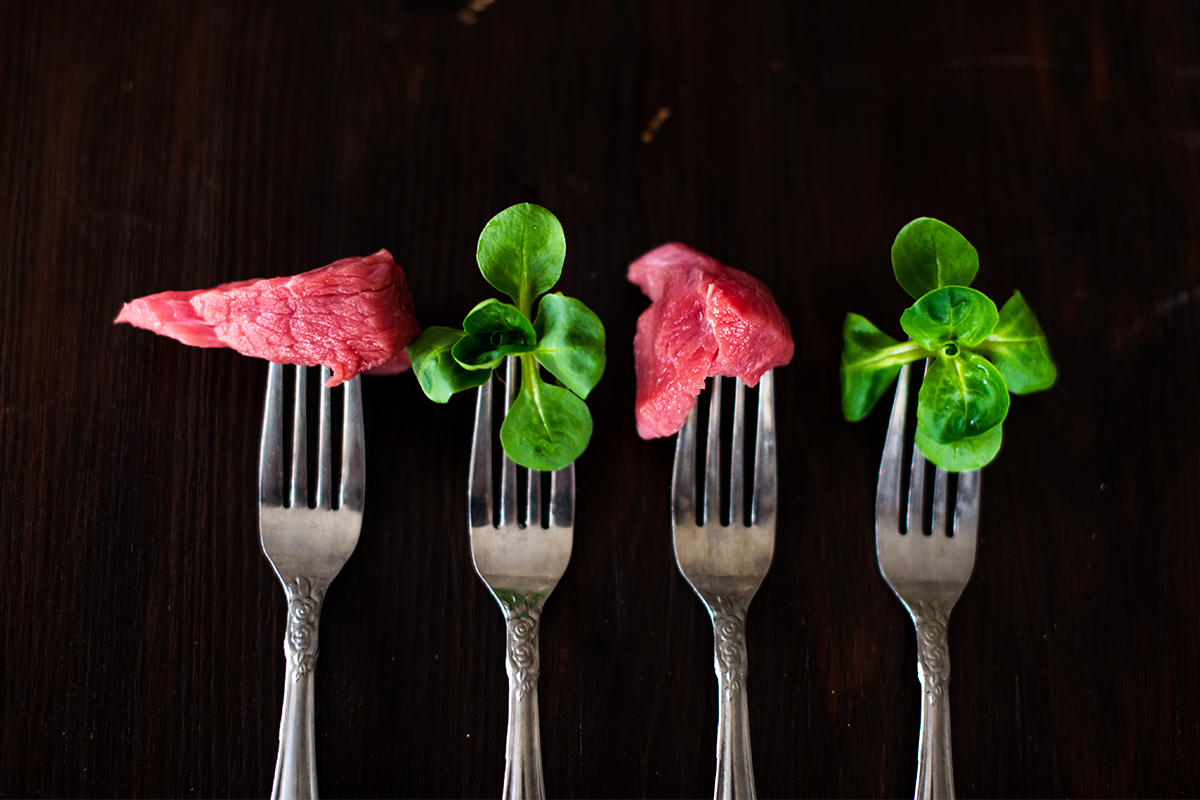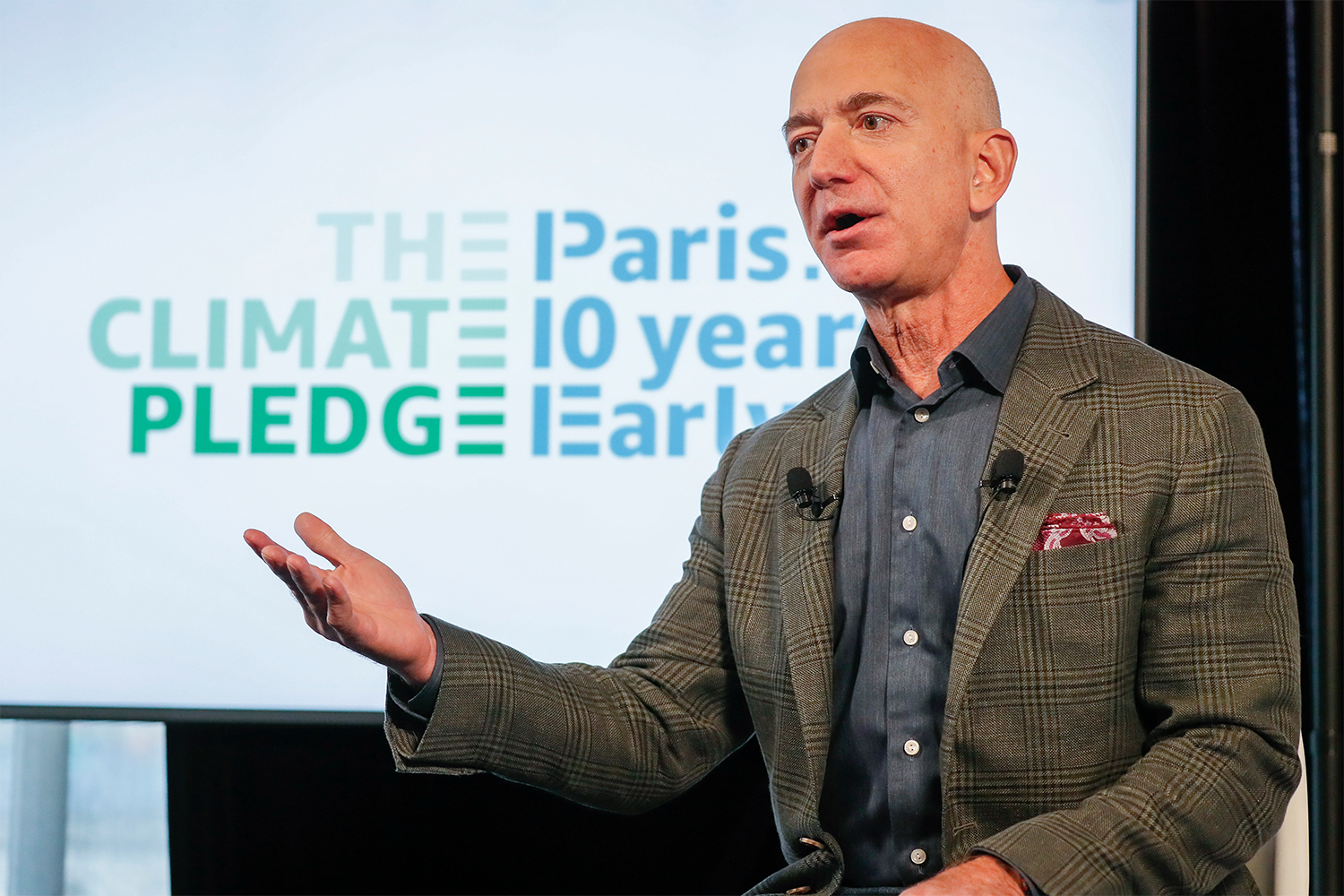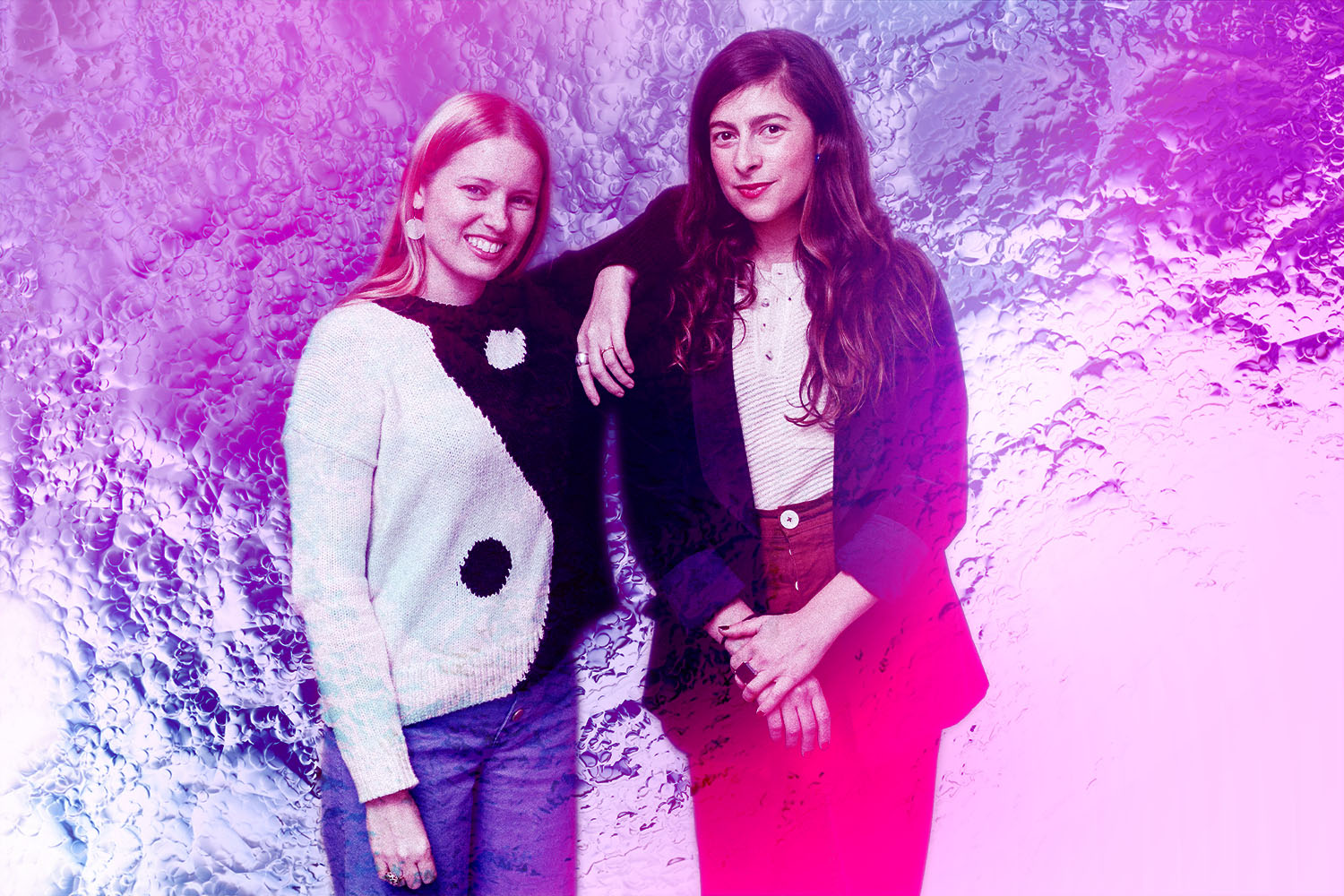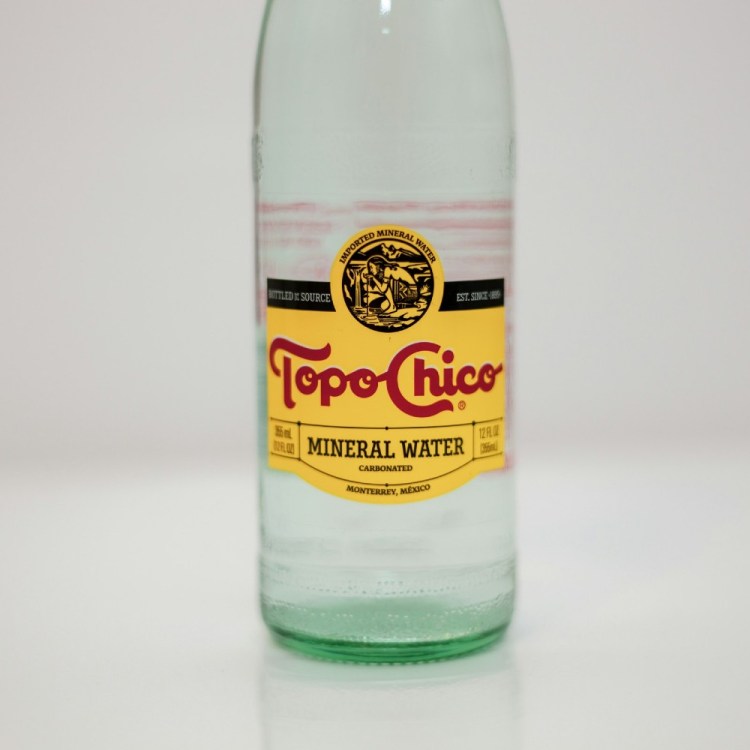Happy belated Earth Day and Independent Bookstore Day. If you missed your chance to partake in the various and sundry pleasures of either of these holidays, both selfish and philanthropic, then might I suggest picking up the The Climate Diet: 50 Simple Ways to Trim Your Carbon Footprint by Paul Greenberg? (If you buy the new book from the James Beard Award-winning author through that link, Bookshop will kick some money back to indie bookstores. Win-win.)
Unlike lots of writing about the climate crisis — which has already been devastating our planet for quite some time now and is set to get much, much worse — Greenberg’s The Climate Diet warmly invites people into a less harmful way of life. Yes, it paints a realistic (read: dire) picture of the state we’re in, but it doesn’t weigh people down with guilt or jargon; an alternative title for this could be Living a Climate-Friendly Life for Dummies. Not only does the author give practical advice about eating better, that will even save you money, he delves into travel, parenting and activism as well.
I could personally stand to take a lot of his advice, but one area where I’ve felt pretty smug about my choices is my diet. I’m going on a decade eating an aspirationally vegetarian diet (which in practice is closer to pescatarian, though I don’t find those kinds of labels helpful when talking to meat eaters), which means I’m going on a decade of not eating steak, burgers, any of it. And if there’s one thing all of us know (even if you don’t want to believe it), it’s that if people stopped eating beef we’d be immensely better off in the carbon emissions department.
As Ezra Klein explained in a recent must-read column, “About a quarter of global greenhouse gas emissions are traceable to the food supply chain. Animal agriculture accounts for about three-quarters of those emissions and nearly 90 percent of those in the average American diet.” I know my personal act of not eating cows (or chickens or pigs) is not going to save humanity from climate disaster, but our personal choices can have huge ripple effects on friends, family, colleagues and acquaintances. After all, we all have blind spots.
My blind spot, which I know is shared by many vegetarians and supposedly climate-friendly eaters, was recently pointed out by Greenberg. I was reading Colin Groundwater’s interview with the author in GQ and was, to be frank, hit with a bucket of cold water by Greenberg’s answer about where people should start when looking to decrease the carbon footprint of their diet.
“I think a lot of people go vegetarian for environmental reasons and then they keep eating cheese, and cheese causes about the same carbon emissions footprint as pork,” Greenberg said. “You’re not doing the earth any favors by continuing to eat a lot of cheese.”
While I have given up most meat for many years, I have not given up cheese. Far from it. And while I didn’t originally give up meat solely for environmental reasons (initially it was because I don’t condone what is essentially animal torture in much of the factory farming system), keeping the climate livable for myself and future generations around the world is now a driving force in my eating habits. And now, that means I need to drastically cut down on my cheese consumption — if not eliminate it entirely — and you should, too.
In The Climate Diet, Greenberg features a number of simple charts to illustrate the huge impact people can have by tweaking their lifestyle. The most striking, to my mind, is the one that lists a variety of foods along with the CO2 emitted per kilogram produced. The top two worst offenders among this select list are lamb and beef, but coming in at number three — above pork, farmed salmon and turkey — is cheese. Sorry, cheese-eating vegetarians, but that milky goodness has got to go.
Of course, not all cheese inflicts the same harm on the planet (read: the future of human life on this planet), just the way an Applebee’s steak is not the same as a locally grown steak from a farm that practices regenerative agriculture. But what I’ve found from my years of trying to do less harm through food is that eating is a slippery slope. I can’t tell you how many times people tell me, when they find out I don’t eat most animal flesh, that they try to only buy “sustainable” meat. But the truth is, it’s incredibly easy to make excuses; if you buy “sustainable” steak or chicken from a farm share, it’s easy to convince yourself that one McDonald’s burger or one Chick-fil-A sandwich is OK. And then it’s just a free for all after that. Similarly, while I’ve built salads at work for lunch when everyone else is eating barbecue, I’ve also bought bags of shredded cheese and made nachos at home without blinking an eye.
I’m not going to secure a livable climate for my future children and grandchildren by cutting out Brie from my life, but as Greenberg rightly notes in his book, we need a combination of personal accountability, corporate accountability and legislative action. We need it all, we need it in tandem and we need it quickly. That includes the cheese aisle — and yes, I’m talking to all you vegetarians, aspirational vegetarians and meat eaters alike, including myself.
Every Thursday, our resident experts see to it that you’re up to date on the latest from the world of drinks. Trend reports, bottle reviews, cocktail recipes and more. Sign up for THE SPILL now.
